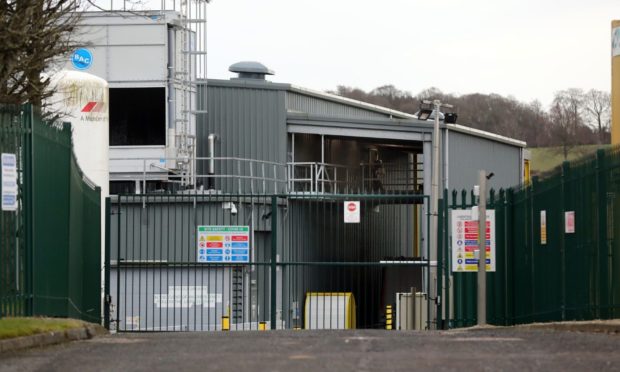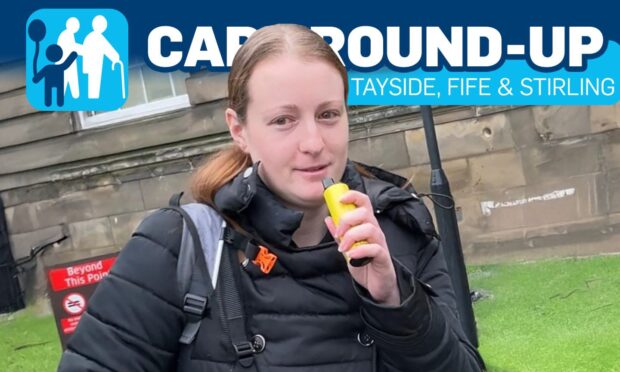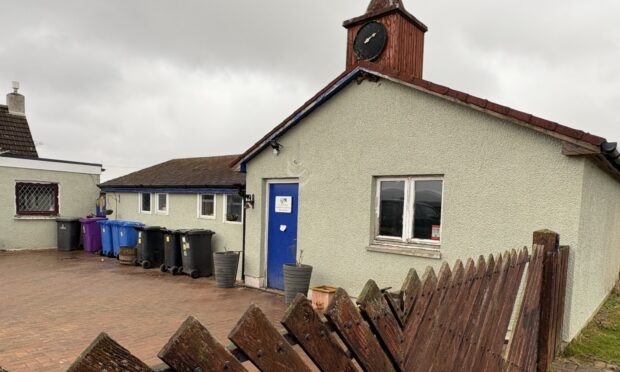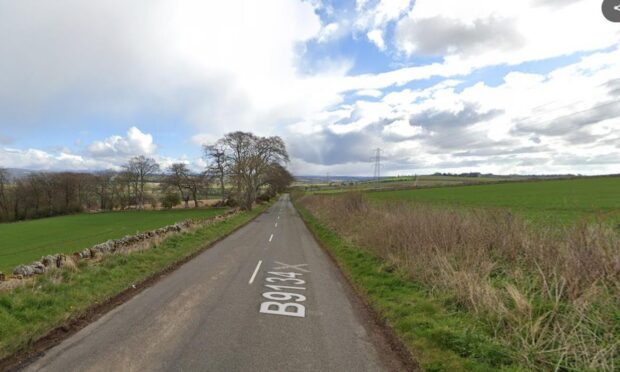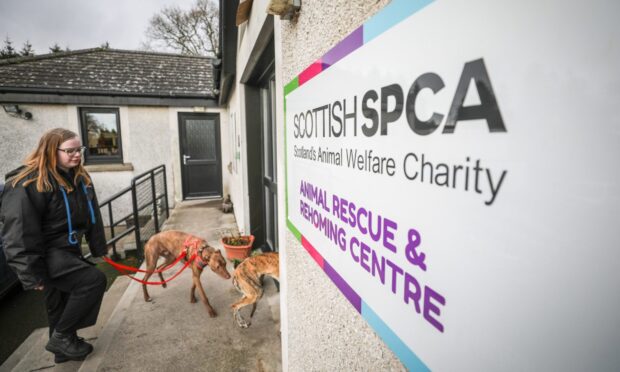The number of positive coronavirus cases at a crisis-hit Angus pig plant has spiralled to 34.
NHS Tayside say the rise in numbers at The Quality Pork Processors (QPP) factory in Brechin was expected and all those positive were already self-isolating.
At least 19 cases were reported last week, leading to the business being shut down for at least a fortnight from January 23.
Associate director of Public Health and chair of the Incident Management Team (IMT), Dr Ellie Hothersall, said: “34 cases of COVID-19 connected to the Quality Pork Processors in Brechin have now been identified.
“This was an expected increase, with the additional positive cases already self-isolating.
“The processing factory is working closely with NHS Tayside’s Public Health team, Food Standards Scotland and Angus Council Environmental Health Team and all arrangements for contact tracing and self-isolation are in place.”
The company issued a statement saying the decision to close was taken due to “high absenteeism” among staff due to the outbreak.
It said all those affected will be placed on furlough and are being “fully supported”.
A spokesperson also added: “QPP has been rigorous in our approach to COVID-19 management, implementing a wide range of measures that fully comply with or exceed government guidelines to ensure a safe working environment.
“This comprehensive approach has helped to ensure that the Brechin site has remained fully operational since the onset of this virus in the UK and prior to last week there had been no positive Covid-19 cases at the site.”
Dr Hothersall added: “The management team at the processing factory have informed the IMT that the Quality Pork Processors Board have made the decision to temporarily halt operations at the site for a two week period.
“The multi-agency IMT will continue to keep the situation under close review.”
The plant is Scotland’s only major pig processing facility leading to fears of a wider impact on the country’s industry.
Politicians discussed the issue at Holyrood with Scottish Conservatives rural economy spokesman Jamie Halcro Johnston saying the price of each animal owned by farms could drop as much as 40%.
